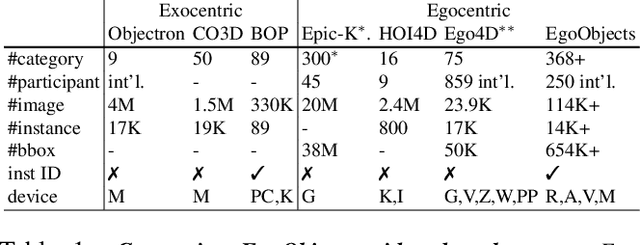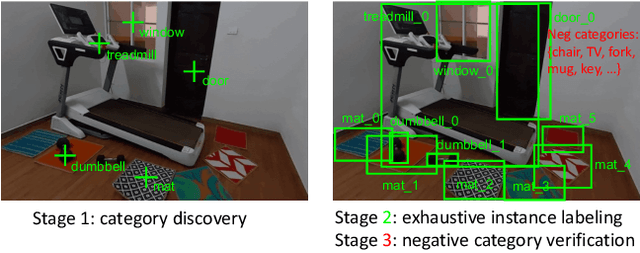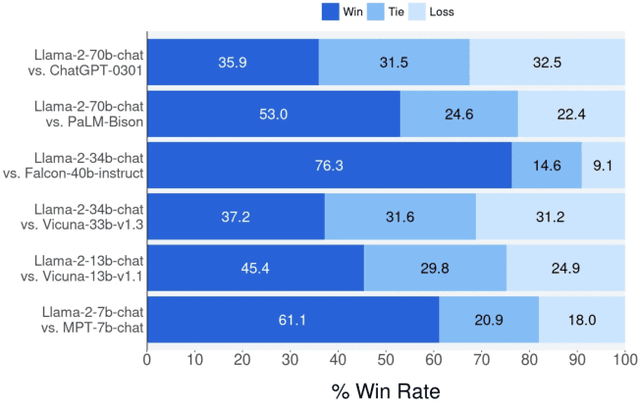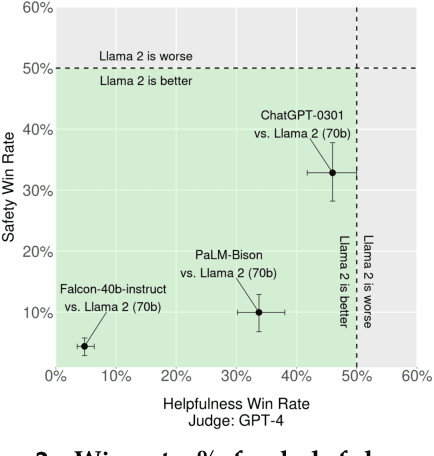Yasmine Babaei
Jack
The Llama 4 Herd: Architecture, Training, Evaluation, and Deployment Notes
Jan 15, 2026Abstract:This document consolidates publicly reported technical details about Metas Llama 4 model family. It summarizes (i) released variants (Scout and Maverick) and the broader herd context including the previewed Behemoth teacher model, (ii) architectural characteristics beyond a high-level MoE description covering routed/shared-expert structure, early-fusion multimodality, and long-context design elements reported for Scout (iRoPE and length generalization strategies), (iii) training disclosures spanning pre-training, mid-training for long-context extension, and post-training methodology (lightweight SFT, online RL, and lightweight DPO) as described in release materials, (iv) developer-reported benchmark results for both base and instruction-tuned checkpoints, and (v) practical deployment constraints observed across major serving environments, including provider-specific context limits and quantization packaging. The manuscript also summarizes licensing obligations relevant to redistribution and derivative naming, and reviews publicly described safeguards and evaluation practices. The goal is to provide a compact technical reference for researchers and practitioners who need precise, source-backed facts about Llama 4.
The Llama 3 Herd of Models
Jul 31, 2024Abstract:Modern artificial intelligence (AI) systems are powered by foundation models. This paper presents a new set of foundation models, called Llama 3. It is a herd of language models that natively support multilinguality, coding, reasoning, and tool usage. Our largest model is a dense Transformer with 405B parameters and a context window of up to 128K tokens. This paper presents an extensive empirical evaluation of Llama 3. We find that Llama 3 delivers comparable quality to leading language models such as GPT-4 on a plethora of tasks. We publicly release Llama 3, including pre-trained and post-trained versions of the 405B parameter language model and our Llama Guard 3 model for input and output safety. The paper also presents the results of experiments in which we integrate image, video, and speech capabilities into Llama 3 via a compositional approach. We observe this approach performs competitively with the state-of-the-art on image, video, and speech recognition tasks. The resulting models are not yet being broadly released as they are still under development.
EgoObjects: A Large-Scale Egocentric Dataset for Fine-Grained Object Understanding
Sep 15, 2023



Abstract:Object understanding in egocentric visual data is arguably a fundamental research topic in egocentric vision. However, existing object datasets are either non-egocentric or have limitations in object categories, visual content, and annotation granularities. In this work, we introduce EgoObjects, a large-scale egocentric dataset for fine-grained object understanding. Its Pilot version contains over 9K videos collected by 250 participants from 50+ countries using 4 wearable devices, and over 650K object annotations from 368 object categories. Unlike prior datasets containing only object category labels, EgoObjects also annotates each object with an instance-level identifier, and includes over 14K unique object instances. EgoObjects was designed to capture the same object under diverse background complexities, surrounding objects, distance, lighting and camera motion. In parallel to the data collection, we conducted data annotation by developing a multi-stage federated annotation process to accommodate the growing nature of the dataset. To bootstrap the research on EgoObjects, we present a suite of 4 benchmark tasks around the egocentric object understanding, including a novel instance level- and the classical category level object detection. Moreover, we also introduce 2 novel continual learning object detection tasks. The dataset and API are available at https://github.com/facebookresearch/EgoObjects.
Llama 2: Open Foundation and Fine-Tuned Chat Models
Jul 19, 2023



Abstract:In this work, we develop and release Llama 2, a collection of pretrained and fine-tuned large language models (LLMs) ranging in scale from 7 billion to 70 billion parameters. Our fine-tuned LLMs, called Llama 2-Chat, are optimized for dialogue use cases. Our models outperform open-source chat models on most benchmarks we tested, and based on our human evaluations for helpfulness and safety, may be a suitable substitute for closed-source models. We provide a detailed description of our approach to fine-tuning and safety improvements of Llama 2-Chat in order to enable the community to build on our work and contribute to the responsible development of LLMs.
 Add to Chrome
Add to Chrome Add to Firefox
Add to Firefox Add to Edge
Add to Edge